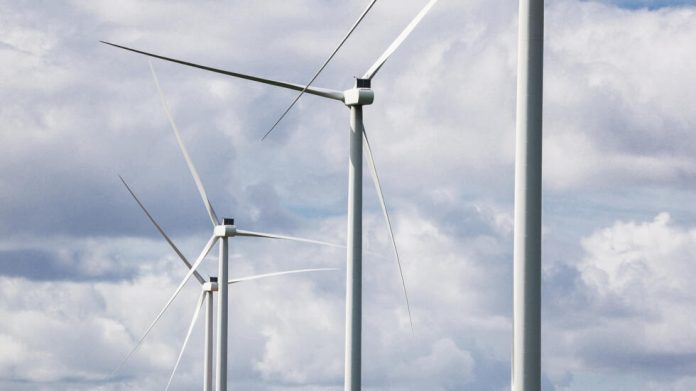Chinese authorities said on Wednesday they were “extremely concerned” about a EU investigation into Chinese suppliers of wind turbines, RFI reports.
EU antitrust commissioner Margrethe Vestager said on Tuesday that the Commission was introducing a law designed to reduce imports of products from companies that are subsidised by their home countries.
However, the commissioner did not name the Chinese companies to be investigated by the European Union’s executive branch during a lecture at the Institute for Advanced Study in Princeton, New Jersey, US, on Tuesday.
The investigation was the latest move by Brussels to target the country over subsidies for green technology, which are suspected of undermining fair competition.
The European Commission will examine the conditions of wind farm developments in France, Spain, Greece, Romania and Bulgaria.
The investigation under the Foreign Subsidies Regulation (FSR), which was implemented on 12 July 2023, allows Brussels to inspect companies involved in public tenders in the bloc worth more than €250 million. Giles Dickson, the CEO of WindEurope, a lobby group for the industry, said:
We fully understand the Commission’s rationale. Chinese wind turbine manufacturers are offering much lower prices than European manufacturers and incredibly generous financing terms with up to three years deferred payment. You can’t do that without unfair public subsidy. What’s more the European manufacturers aren’t allowed to offer deferred payment like that under OECD rules.
The investigation and next steps could influence material choices by French energy companies.
In November, S&P Global Market Intelligence reported that French energy supplier Neoen was “waiting for a green light from banks to buy Chinese wind turbines” as turbines made by Western companies were “steadily becoming more expensive due to inflated raw material prices”.
Quoting Neoen CEO Xavier Barbaro, S&P said that “Neoen already depends on China to supply solar panels and is thus sympathetic to the prospects of Chinese turbines and their bankability.”
However, if the EU investigation reveals that potential Chinese partners are receiving government subsidies, things could change significantly.
China strongly disagrees. In an initial angry reaction, Beijing’s Brussels-based Chinese Chamber of Commerce to the EU (CCCEU) issued a statement saying it “strongly opposes” the investigation. It claimed:
While deliberately ignoring the significant subsidies granted by certain countries to their emerging green industries, the European side has imposed obstacles and market barriers against Chinese enterprises operating in the green sector. This not only contravenes the principles of fair market competition, but also undermines the EU’s commitment to enhancing international cooperation in global emission reduction and low-carbon coordination.
This is the third time the EU has applied FSR against China. Previous FSR investigations have focused on Chinese subsidies for solar panels, electric cars and trains.
Last month, the EU Commission said it had found evidence of “massive imports” of Chinese electric vehicles over a relatively short period of time, including a “substantial increase” of 14% since the investigation began in September, and on 5 March Brussels published rules restricting imports of electric vehicles from China.
